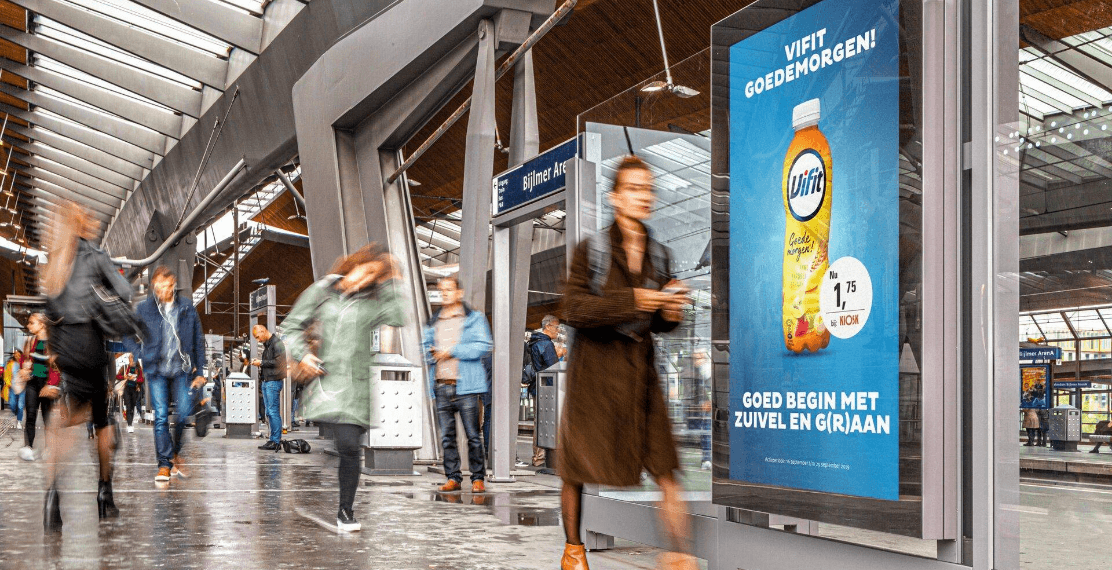When you travel by car or public transport, you’ll probably see them: the large, digital screens with commercials and advertisements along the highway or at the train station. Images from different companies pass by and demand your attention. It may seem simple but behind those screens, a lot of work is being done! In fact, how does a company actually get their advertising on such a digital billboard?
MyAdBooker developed the bidding platform behind it in collaboration with Scopisto. The platform is used exclusively by CS Digital Media, an all-digital publisher for outdoor advertising. Radjen van Wilsem, CEO of CS Digital Media: “It goes like this: a company buys a spot on a billboard, but because they are not the only ones who want their ad on this billboard, bidding occurs between competitors. This takes place on a bidding platform like MyAdBooker.”
Bidding platform
They were the first company in the world to develop this Digital Out of Home (DOOH) Supply Side-Platform (SSP) in 2013. They did this together with Scopisto. Today, it is still technically leading the industry. MyAdBooker distinguishes itself from the competition by enabling Real Time Bidding or Open RTB. This means that advertisers can respond instantly to what is happening in the Netherlands.
Reaching the right target group
Radjen explains how it works: “You see us at touchpoints in public transport Those are the busy places where people change trains, for example. For every moment of the day, we know which target group passes which touchpoints. Students, shoppers, commuters – it is all visible from the time they travel. We know the average age of these groups of travelers so advertisers bid on a time slot in which they can effectively reach an certain target audience.
Of course, there are multiple companies competing for the same time slots in order to reach a particular group of travelers. To secure such a slot, they can buy it. It will, however, come at a premium. If the company does not want to buy, bidding will occur. At that point, the time slot goes to the highest bidder.”
“Scopisto’s software results in very low downtime.”

Application development
Radjen had the idea for MyAdBooker back in 2008, but the technology was not available at that time. “The moment this technology became available, we developed it together with Scopisto. Open RTB turned out to be the ideal solution for us. Through Open RTB, advertisers respond to what is happening and see immediate results.
For example, when the Dutch football team score the winning goal in the 90th minute, companies can display a related ad on our screens within seconds. This is how we distinguish ourselves from the competition, who need 20 minutes to an hour to do the same.
So, we are leading in this field, but we wouldn’t have managed that without Scopisto. What makes this application so complex is the volume of transactions. Each month we process about 6 billion transactions – that’s a huge number. That’s why performance and low downtime is crucial. In fact, our platform should never be down. Scopisto’s software made all this possible for us.”
“It’s a great collaboration, a true co-creation.”
A close collaboration
MyAdBooker developed the platform entirely in collaboration with Scopisto. They completed this process together from A to Z, but even now that the application is up and running, Scopisto remains involved.
Radjen: “The collaboration with Scopisto has been very smooth. I have never considered working with another company. This is mainly because Michiel is very quick to understand me. Many developers ask what the next step should be, but not Michiel. He takes the initiative himself and comes up with good solutions and ideas. In this way, he is really part of our company. It’s a great collaboration, a true co-creation.”
Worthwhile projects
The screens of CS Digital Media are not only used for advertising, by the way. Radjen: “We don’t just want to put up a screen. We also want to deliver a message. For example, during the most recent Museum Night, we collaborated with Art Cloud to show digital art on our screens. As a result, our screens became a kind of outdoor museum on which people could scan a QR code to buy the art NFT. That was a very interesting project to work on!”




